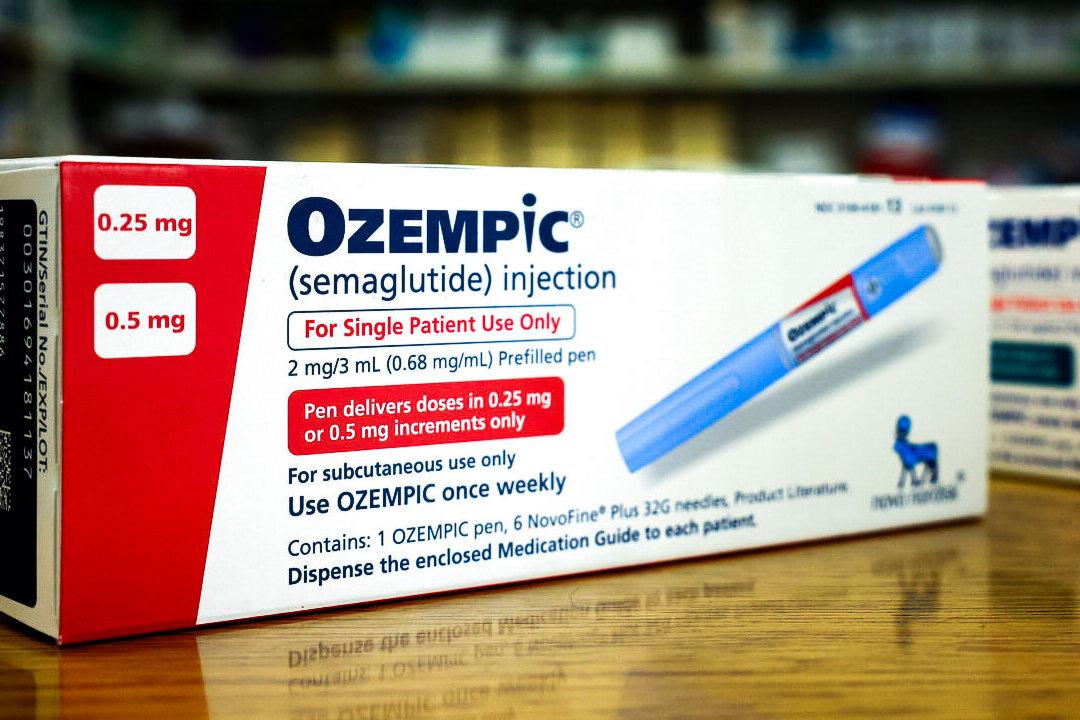The World Health Organization (WHO) has issued an alert after fake versions of the off-label weight-loss drug Ozempic were found to be in the supply chain of countries including the UK.
Ozempic is a brand of a group of medications known as semaglutide, intended for type 2 diabetics, which have been repurposed as weight-loss drugs due to their ability to regulate blood sugar and reduce cravings, effectively suppressing appetite.





